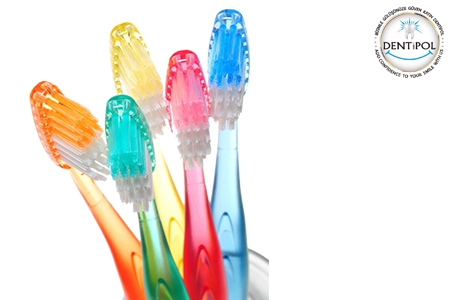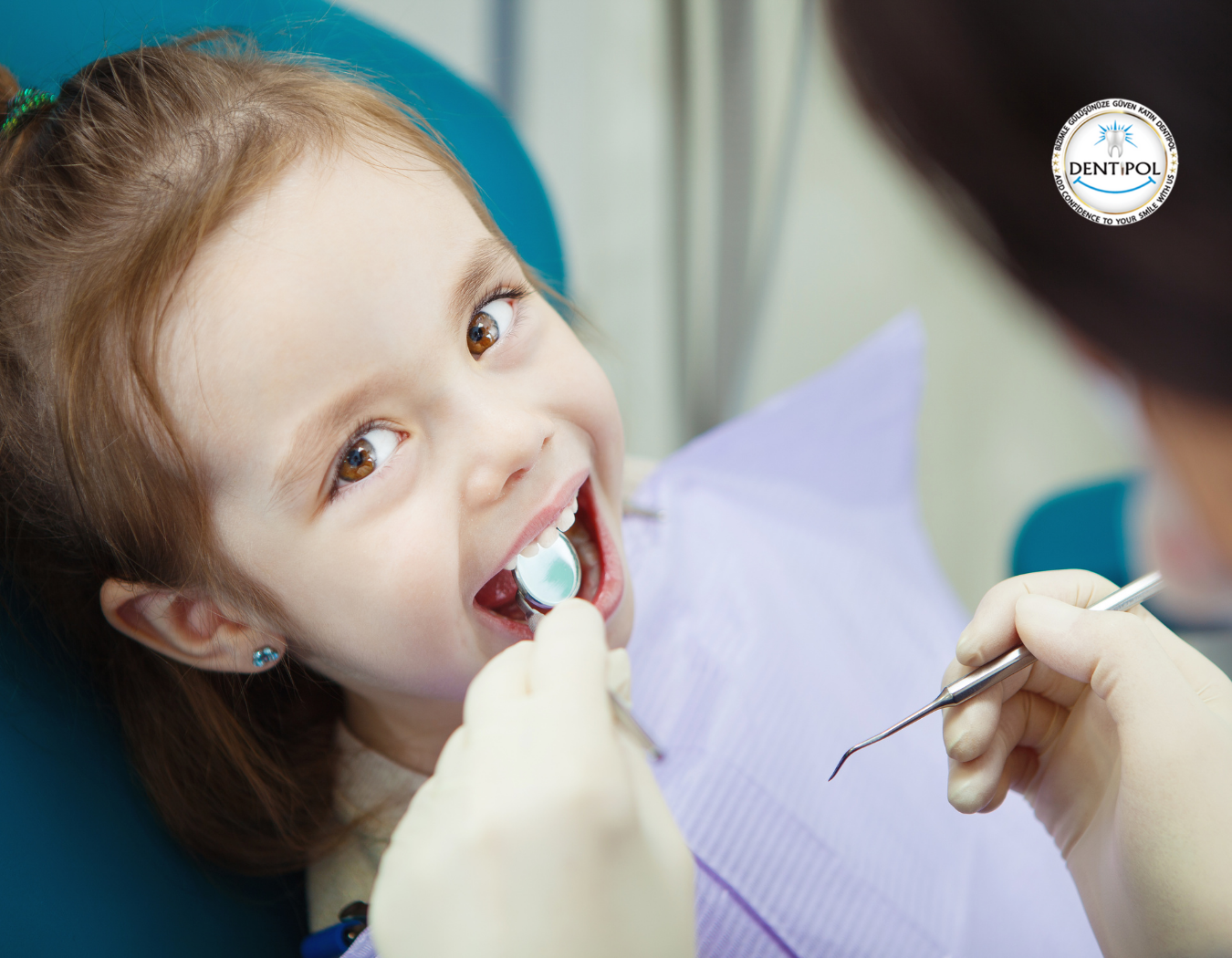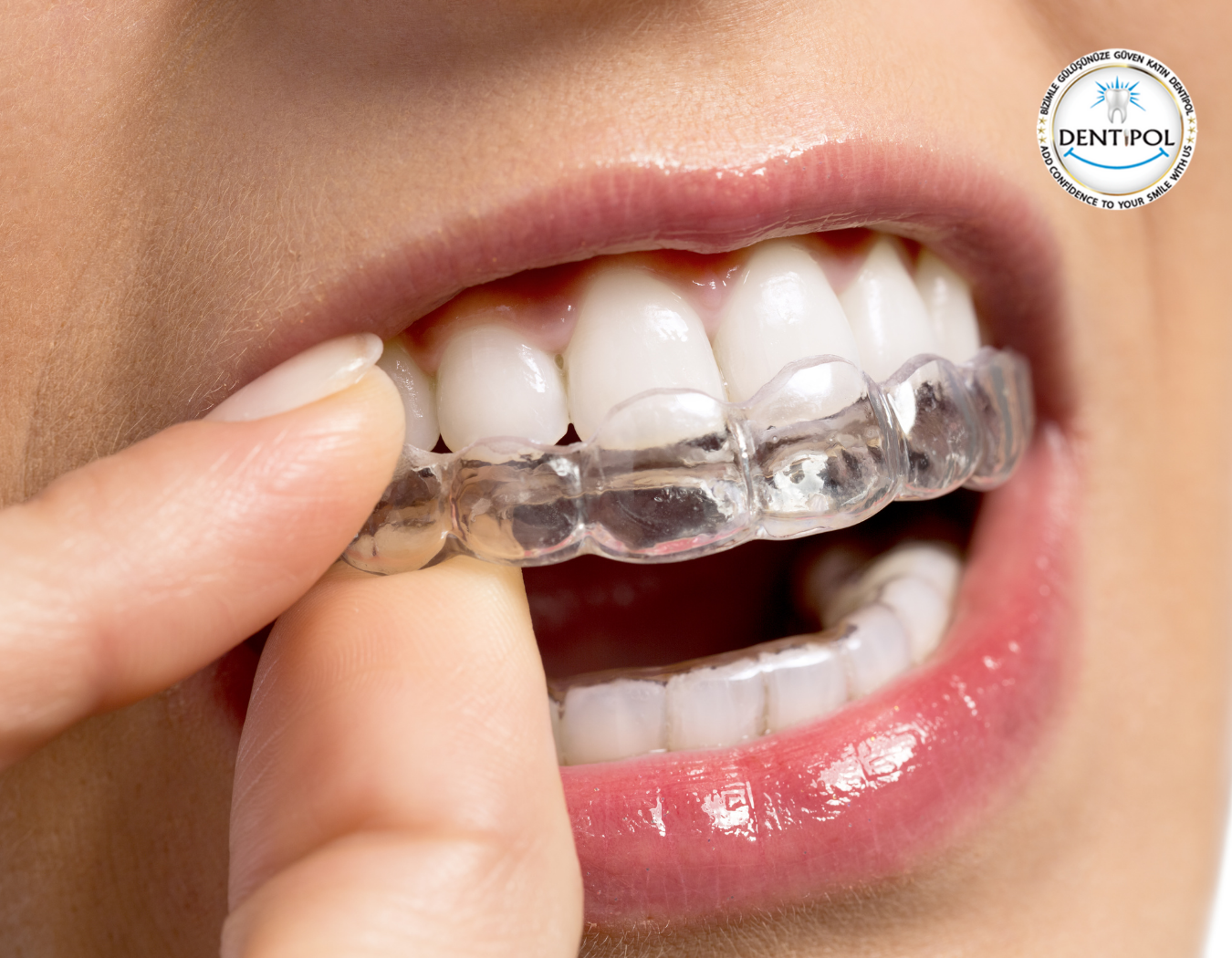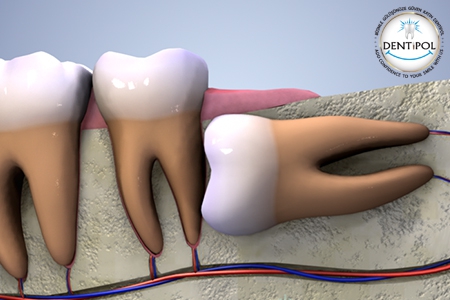The right thing is to consult your physician in choosing a brush.
The choice should be made according to the person's mouth structure, gum health, and the general condition of the teeth. For example, if the patient has a gum problem or sensitivity, if there is erosion on the teeth, it is not right to use hard-bristled brushes, it may cause more sensitivity and wear.
Whether the brushes are angled or not is at the patient's preference, it can be preferred for ease of use and convenient access to all areas. Cordless-rotary head brushes can also be preferred in terms of providing ease of use to the patient.
A correct brush should be of medium hardness, not too large at the head.
Those with tongue surface cleaners may be preferred. Because the tongue surface is the surfaces where plaque and bacteria accumulation, such as the gums and tooth surfaces, and the tongue surface must also be cleaned for a good oral care.
Ideally, it should have 2 brushes. Because brush bristles that remain wet or used by wetting cannot fulfill their functions properly, the ideal is to use the brush dry.
The brush should be renewed every 3 months. If the parallelism of the bristles is broken in a short time, if the bristles are separated from each other and open outwards, this indicates that the teeth are brushed by applying too much pressure; It causes trauma to the gums and teeth.
In this case, the brush should be changed in a shorter time. Of course, the patient should also give up this habit or prefer brushes with softer bristles.






